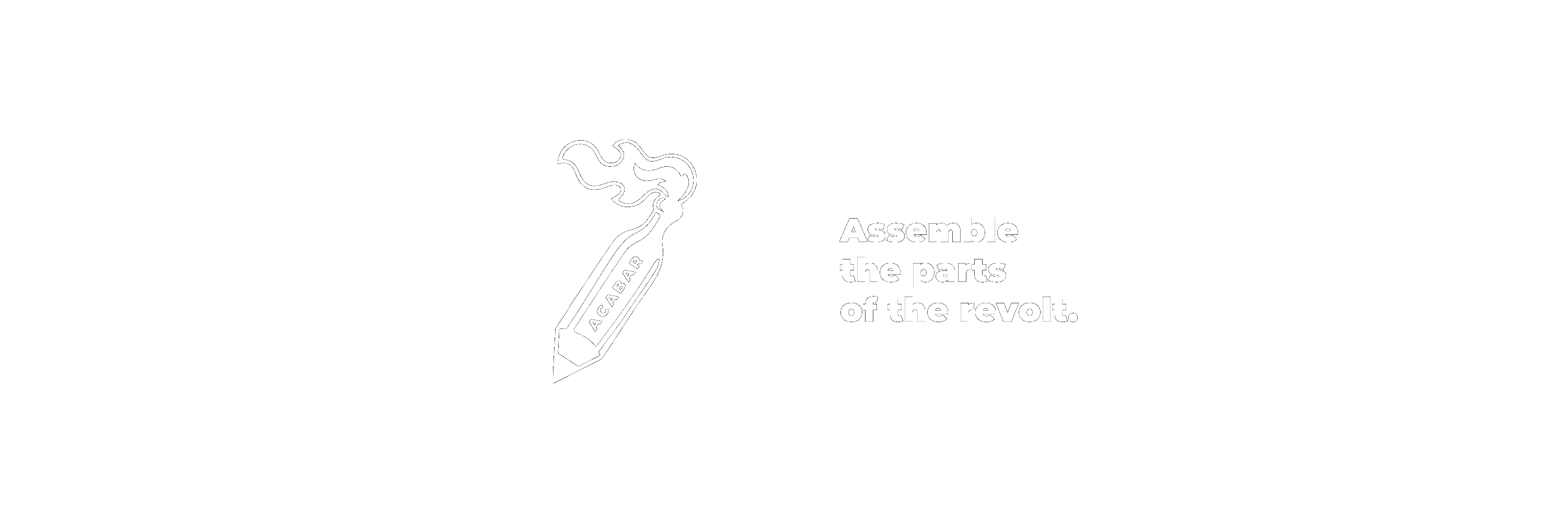From May 2020, the Belarusian population took to the streets to protest against the authoritarian regime of Lukashenko.
Who are you ?
My name is Alexandra, I am 35 years old, I am a translator, communications specialist, and technical writer. I guess I could call myself an independent activist: I use my art and social media to advocate for marginalized groups in my country and in the world, with a focus on feminism, lgbtq+ rights and disabled people’s rights, as well as the democratic movement in Belarus
How did you live before the movement started ? What led you personally to participate in the movement?
Apart from the fact that I am disabled, I have had a fairly comfortable life – although my family was poor, we had the opportunity to travel, I could receive medical treatment, I was able to see other countries and learn English, which later allowed me to get a very good job in IT. For the most time, I could afford most things I needed or wanted, so I considered myself lucky and did not feel the need to get involved in politics until last year (2020). Summer of 2020 was when my “comfortable apolitical bubble” exploded, when I witnessed the scope and scale of violence and oppression Alexander Lukashenko’s regime unleashed upon the Belarusians in order to remain in power. I was horrified and traumatized by all of the things I’ve read, heard, and saw with my own eyes, and I realized that it was impossible for me to distance myself and not participate in these events.
How do generally react population at the protestation ? What’s political class’ reaction (measures taken, repression)?
From the very first days it was obvious that the majority of the population supported the protests and the anti-Lukashenko movement. Even those people who were afraid to participate themselves, did something to show their support, most people tried to seek ways to contribute to the cause. It was very inspiring and unifying.
On the other hand, the political elites either ignored the events and tried to “wait until everything blew over” or quickly announced their support of the “ruling party” in order to gain the dictator’s favor and show their loyalty. Everyone who showed opposing views quickly fled the country or was arrested.
Did the gathering of the people for common demands give rise to a particular solidarity?
While the street protests were ongoing, the feeling of unity and solidarity was very strong. Every day you could go out and meet people from every background you can think of, from the highest-paid professionals to students to disabled people in wheelchairs to factory workers to former policemen. Whenever the regime would think of a new way to torture people, the people would come together and think of ways to make things better. For example, in late 2020 when it was getting cold, an entire neighbourhood in Minsk was left without water and central heating – thousands of people gathered within hours and brought water bottles, heaters and blankets. Apart from protests, people organized charity events, concerts, art projects – it was beautiful.
The movement in which you are taking part is part of a world-wide awareness, there is a connection between these movement and revolutionary movements in other countries, whether it is an ideological sharing, a convergence of demands or concrete collaboration in actions?
We are thankful to receive support and solidarity from the democratic parties and movements in many countries of the world.
A revolt based on the desire for a better world, given the evolution of things today, has your vision of the “ideal world” changed? What do you hope for your country and, more broadly, for the world?
This may sound too radical and idealistic, but my dream is simple: I want to see a world where a human life is valued more than profit. I hope that someday humanity will learn that empathy is more important than power and money. That’s all that I want.
How do you experience repression and censorship on a daily basis? What does this authoritarian climate force/prevent you to do?
The way things are right now, nobody who is doing anything or has ever done anything related to protesting is safe. You can get arrested for wearing white socks with a red stripe (color of the flag used by the demonstrators), or a shirt, or a bag, or a red-white umbrella, or a sticker on your phone/laptop/car, or red-white threads in your hair, or posting a photo with anything that is white-red-white, for example a brick wall, or curtains, or a layered dessert – all of these are real examples of things people got arrested for, not a single one is made up or exaggerated.
All human rights organizations and most charities in Belarus have been eliminated. Most lawyers, human rights activists and volunteers who worked with protesters and political prisoners either lost their licenses, have been arrested, or left the country.
I could be arrested any moment for posting on social media things that are critical of Lukashenko and his politics. Every day I wake up in my home and wonder – maybe today is, finally, the day they will come and arrest me. And then, the next day, everything repeats again.
A red and white flag was seen in the demonstrations, why was this one chosen and what is its history?
I have made a video about the flag’s history, you can check it out, as well as the others: Evil Sasha on TikTok (View this vidéo)
